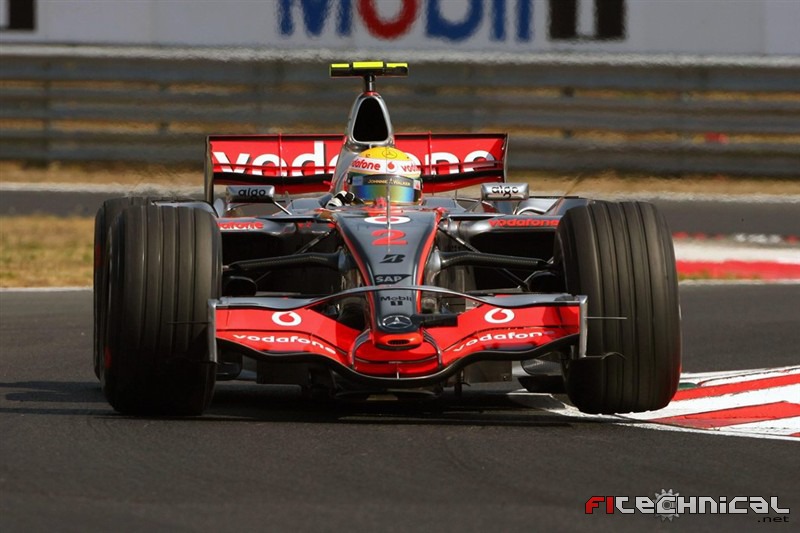Conventional brakes are steel rotors on semi-metallic pads. Traditional engine blocks are steel pistons on steel cylinders. That's why someone invented "motor oil"Monstrobolaxa wrote:Using a carbon base like the brake discs and pads wouldn't work either...once again inside the combustion chamber the friction between the piston and the wall
How will pure carbon oxidize? How does heat wear out cylinder walls?...and the heat would wear out the wall and would also oxidize the carbon....
With respect, you're either light-years ahead of me and I have no clue what you're talking about, or you're using some very flawed assumptions to back up your argument.



